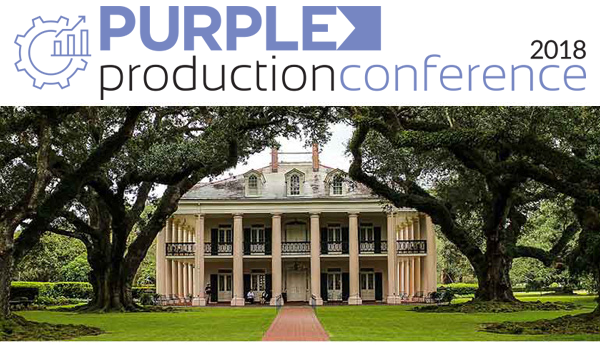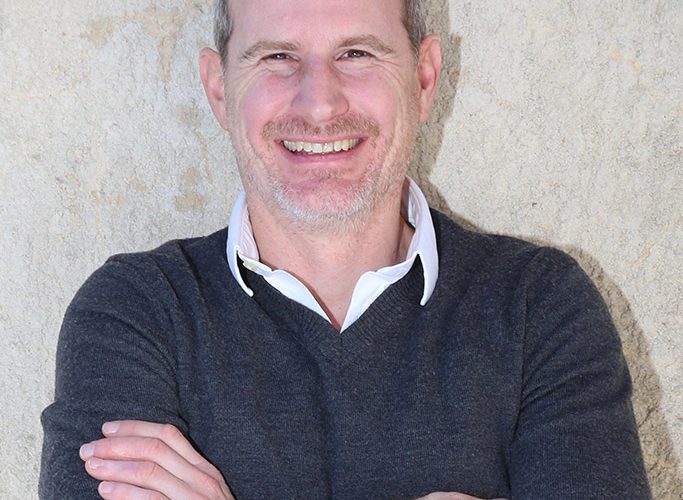Ep.27: Building Great Trade Partnerships with Cory Fields
The term “trade partners” is beginning to replace subcontractor, and it’s a growing concept in the remodeling industry. It redefines the relationship, too, putting it on an even playing field.
But it’s more than just a term, and Cory Fields says they’re separate roles. A trade partnership is like a marriage, based on trust and mutual interest, and you work with them from project to project. You’re just dating your subcontractor, though, working on building a relationship that might not work out anyway.
In this episode, Cory explains more about the trade partner relationship to Tim and Steve, and why it can help your company get through the challenges of finding in-house employees in a labor shortage.
Cory is the Production Manager at Schroeder Design/Build in Fairfax, VA. He’s been there for a little more than four years, starting with four carpenters and three or four trusted trade partners, and growing his team to 14 carpenters and 10-15 trade partners.
Finding a trusted trade partner is a process, one built on clear communication and mutual respect. When you find the right ones, they can help you manage a job better than you could on your own. Cory talks about his interview process, and how he works with trade partners, including:
- The importance of fair pricing
- Working with you vs. working for you
- How to move forward after conflict
- Why you should never hold money back from a trade partner, even if it’s their mistake
- Wanting the best for them and you
- And more…
Building relationships isn’t easy, but finding and developing the right trade partners can make you more competitive and profitable.















